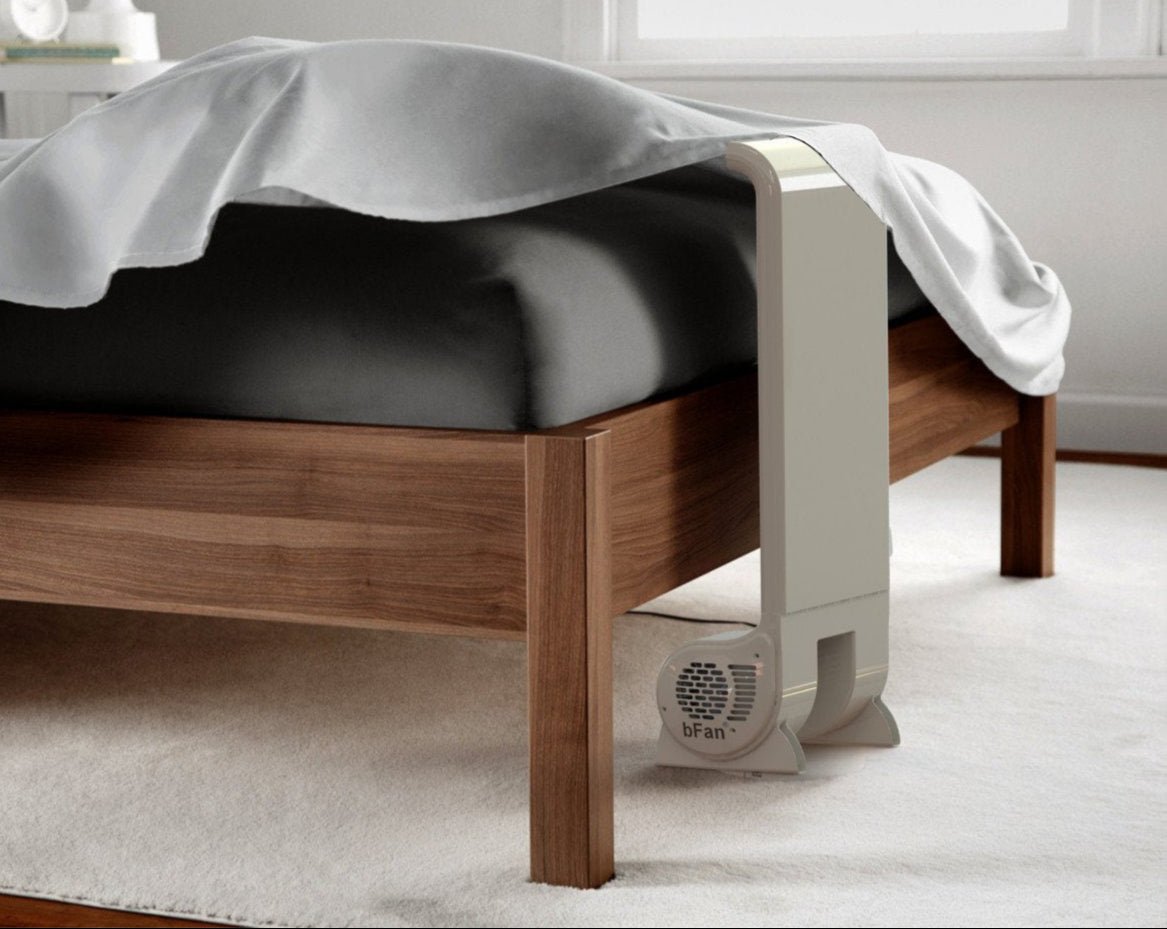Night Sweats From Alcohol
It is actually very common for night sweats to occur due to alcohol use. Night sweats are defined as heavy sweats occurring at night that are not caused by an external factor such as heat or heavy blankets. They also frequently show up with other symptoms like an increased heart rate, clammy skin, and difficulty sleeping. Those with alcohol-related night sweats will often notice an increase in night sweats following alcohol consumption or while they are trying to quit using alcohol.
For the average person drinking alcohol, night sweats can be triggered by as little as just one drink. This is because when alcohol is consumed, the central nervous system and the circulatory system are affected. One of the effects is the widening of blood vessels, called vasodilation, and an increase in heart rate. The combination of these two side effects leads to heavy sweating or night sweats.
Night sweats in relation to alcohol can also occur due to alcohol withdrawal. This is the most likely cause when there is a sudden onset of night sweats after a regular drinker stops drinking. The symptoms of alcohol withdrawal can start as quickly as a couple of hours after the last drink to even a few days later. Therefore, if the night sweats start after quitting alcohol and come with any of the symptoms listed below, you are likely experiencing alcohol withdrawal.
Symptoms of alcohol withdrawal:
- Shakiness
- Trouble sleeping
- Nausea
- Body aches
- Restlessness
- Muscle pains
- Fever
- Headaches
- Nightmares
If you believe that you might be experiencing alcohol withdrawal, it is essential to contact your doctor. This article should not be used in place of a medical professional's advice. Contacting your doctor about your concerns is especially important because delirium tremens (DT) can occur due to severe alcohol withdrawal. DT can be life-threatening, causing fevers, hallucinations, sweating, and seizures. DT often occurs within the first 48 to 96 hours after having your last drink, but it can also take as many as ten days to set in. Some more symptoms of DT are as follows:
- Confusion
- Agitation and aggression
- Sweating
- Trembling
- Vomiting
- Nausea
- Tremors
- Seizures
- Hallucinations
If these symptoms are occurring, immediate medical attention is necessary.
Another condition relating to alcohol that can cause night sweats is alcohol intolerance. Alcohol intolerance is a genetic mutation in which the body does not possess the correct enzymes to break down the toxins in alcohol. There is no cure for this intolerance since it is genetic. The best way to deal with it is by abstaining from alcohol consumption.
Symptoms of alcohol intolerance are as follows:
- Hives
- Diarrhea
- Nausea
- Vomiting
- Runny or stuffy nose
- Facial redness
- Asthma
There are several ways to help alleviate the annoying night sweats. First and foremost, it is very important to stay hydrated as you lose a lot of water during night sweats. You should also ensure your bedding is lightweight and not too heavy. Keeping your bedroom at a cool temperature also helps to relieve night sweats. This can be accomplished through the use of air conditioning or fans. The best choice for keeping your body cool and warding off night sweats is using the BedFan. The BedFan blows air under the covers and directly over your body, providing maximum cooling and comfort.
Share

